Alternative Dispute Resolution – Donnelly Neary & Donnelly join Law Society of Northern Ireland Dispute Resolution Service (DRS)
As a Qualified and Accredited Mediator Kevin Neary has successfully been appointed to the Law Society DRS panel
DNDLAW feel that this will greatly assist clients in obtaining a cost effective and prompt resolution of disputes that would otherwise result in years of litigation
If you want to see the format of the Agreement which is signed by the parties please click on this link Mediation Agreement
If you want to see the code of practice under which the DRS appointed Mediation Code of Practice
WHAT IS THE DISPUTE RESOLUTION SERVICE (DRS)?
The Dispute Resolution Service (DRS) was set up to provide a mediation service to assist with resolving disputes which would avoid the time, expense and stress associated with going to court.
Mediation has now become well established as an effective means of resolving disputes and courts and advisers will now encourage parties to explore resolution of the dispute before coming to court.
HOW DOES IT OPERATE?
The DRS operates through a Panel of Solicitors and Barristers who are trained in mediation law and practice and who have learned mediation skills and who confirm they are eligible to act as mediators on behalf of the parties to disputes. All members of the DRS Panel must adhere to the DRS Code of Conduct and to the EU Code of Conduct for Mediators. Parties or their advisers can select a mediator from the panel or, if preferred, a mediator can be nominated by the DRS administrator.
WHAT IS MEDIATION?
A mediator is a neutral person who assists parties and their advisers to a resolution of the dispute. The mediator can chair joint sessions and meet with parties in private and find out underlying reasons for the dispute and identify interests of the parties in addition to their rights. A mediator will not make a decision or make any findings and the mediation process is confidential and without prejudice.
IS MEDIATION EFFECTIVE?
Research shows that recourse to mediation has a high success rate; it is faster and can save legal costs and it can result in preserving the business relationships between the parties for the future.
WHEN CAN YOU USE MEDIATION?
Mediation can be attempted at any stage of a dispute and the courts are likely to permit adjournments to litigation if there is a chance that mediation could resolve the dispute. If the mediation fails, the parties are free to proceed with litigation without prejudice to their legal rights. Most types of dispute can go to mediation provided the parties make a genuine attempt to mediate. Some cases where mediation has been regularly used include disputes involving family companies, partnerships, professional negligence, inheritance, employment, family and construction.
